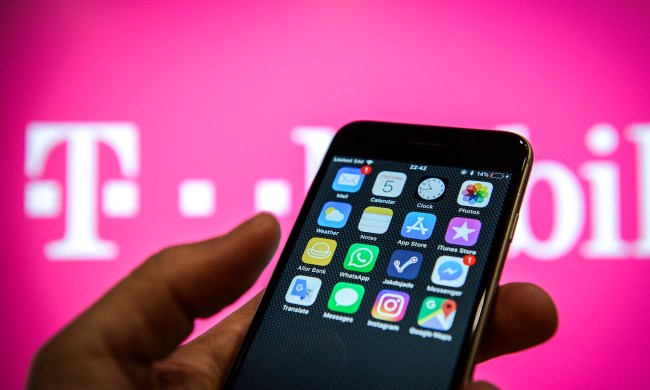 Halloween may be over, but this news is downright scary. For those considering to jump ship from Verizon and grab an AT&T iPhone (assuming Verizon doesn’t get it), you may soon be paying more — much more.
Halloween may be over, but this news is downright scary. For those considering to jump ship from Verizon and grab an AT&T iPhone (assuming Verizon doesn’t get it), you may soon be paying more — much more.
Verizon may be keeping customers happy with its Buy-One-Get-One sale on Blackberries, including the new Blackberry Storm 2, but some new terms are likely to make customers not so happy.
Verizon had been noticing that some customers had been using the promotion to snag some extra cash, getting an extra line with a Blackberry Tour or Storm 2, then selling it on eBay after paying the $175 termination fee, in the end pocketing about $100 or more in cash. An unhappy Verizon has decided to punish all its customers and will be rolling out increased early termination fees, in a move reportedly confirmed by Boy Genius Report.
The wireless carrier will bump ETFs to $350 for new smart phone 1 year and 2 year contracts. To soften the blow, Verizon plans to drop this amount by $10 a month, but that’s still substantially more at the year mark (previously $175 or less, now $230). Verizon still has yet to specify a full list of models the term “advanced devices” covers (the term used in the ETF hike info sheet), but we’re guessing it includes the Blackberry Tour, Storm 2, and Droid phones, at least.
The new terms will be reportedly rolled out to new customers starting November 15. Incidentally, that’s a mere week and a half after the new Android 2.0 Droid phone hits on November 6. So Verizon customers might want to act fast if they’re planning to go Android — as a short wait could end up costing them.


